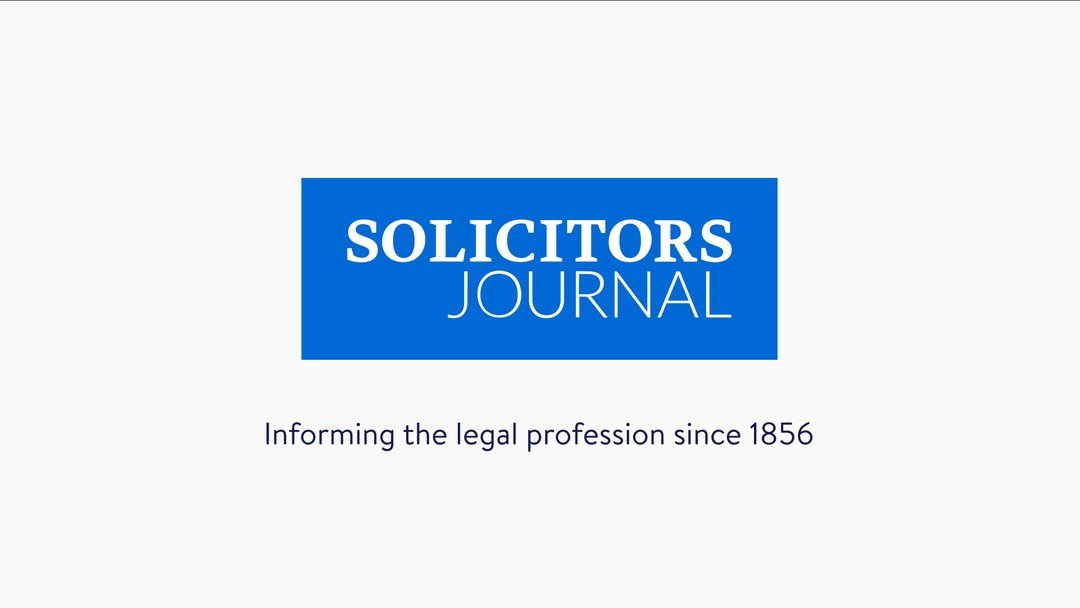Loud and clear

Lawyers must make sure they communicate with clients clearly to avoid any misunderstandings and explain all the options, even if there is a risk the advice will make them unpopular, says Anne-Marie Morgan-Barrett
The judgment in April in Levicom International Holdings & Anr v Linklaters [2009] EWHC 812 (see 'Update: professional negligence', Solicitors Journal 153/19, 19 May 2009) attracted attention because it was one of the biggest ever negligence cases against solicitors in this country, and yet gave rise to one of the smallest possible damages awards. Behind the headline news, there are wider implications that solicitors giving advice to clients should consider.
Linklaters had represented Levicom, a Baltic telecoms group, in a contractual dispute which was settled part way into an arbitration hearing. Levicom complained that Linklaters' advice had been negligent as it was too optimistic and that Linklaters had failed to recommend taking leading counsel's advice at an early stage. Levicom alleged that if they had been properly advised, they would not have embarked on the arbitration proceedings but would instead have negotiated a settlement. They claimed damages of around £44m.
Linklaters defended the claim and judgment was given on 21 April following a 13-day trial. Mr Justice Andrew Smith found that Linklaters' views on the claim were not negligent but that their advice to Levicom did not properly convey those views so that Levicom wrongly but reasonably misunderstood the advice. Therefore, the advice was found to be negligent. However, the judge found that the negligence had not caused Levicom to suffer any loss, and awarded them only nominal damages for the breach of contract. In a second judgment shortly after, he ordered Levicom to pay Linklaters' costs of the action.
Client communication
Although Linklaters will count this as a significant success, there will be substantial irrecoverable costs for its insurers, and the lost management and fee-earning time in dealing with a case like this does not bear thinking about. Other solicitors in this situation might not be so lucky in relation to the causation arguments, and as such the case should be read as a reminder to us all of the importance of communication with our clients. It is, quite simply, not enough for us to analyse the case and reach the correct views as to the issues.
The judgment recognised that the advice needed has to be considered in the context of the instructions received and the client who is giving those instructions. In Levicom, where the retainer was to advise on the dispute as it developed, it is hard to see how scoping the retainer differently could have made any difference. However, on occasion this can be critical to whether or not a duty has been breached and, therefore, it is essential in all cases to consider the scope of the retainer, to make sure it is properly recorded in the retainer letter and to keep this under review and update the terms of engagement as necessary.
Then there is the obvious point that the advice has to be sufficiently clear for the client to understand it properly. The amount of detail and explanation needed will vary between clients but it must be clear enough to exclude any possible misunderstanding. The question is how this particular client will understand the advice and it is essential therefore to consider the client's level of knowledge, understanding and experience to ensure the advice is suitable for them.
Also, what is not said can be just as important as the actual advice given. In Levicom, Linklaters did not give any advice on the sum of damages that might be recovered because they did not feel that they were in a position to do so. However, they knew that the clients thought that the damages would be substantial and, by failing to express any reservation regarding that view, they were reasonably understood by the clients to have endorsed that view. All too often we see clients with over-optimistic ideas about their claims and it is important in those cases to ensure that clear advice is given, and documented, even if our advice is unpopular with and ultimately rejected by the client.
Strong advice and second opinions
However, we should not be discouraged from giving strong advice. This case confirms that solicitors are entitled to take robust views on cases as long as they are within the range of reasonable and proper professional opinions. We are reminded, however, that if strong advice is being given, then care is needed. For example, the client may need to be warned that a judge or arbitrator might not agree with our view, in which case the claim will not succeed. Regardless of the type of client, it would be safer to give such a warning in all cases to avoid any doubt.
It is worth considering the added protection of recommending counsel's advice. In Levicom, the client complained that Linklaters should have obtained leading counsel advice at an earlier stage. Although we should not fall into the trap of instructing counsel on every case simply to 'cover our backs', where a very strong line is being taken, that might well be a useful way of avoiding problems later.
The Levicom case highlights the necessity for law firms to ensure that the advice they are giving is clear, and all options are given to the client to enable them to make an informed decision. The knowledge, experience and understanding of the client have to be carefully assessed to ensure that the advice given is appropriate and pitched at the right level for the particular client to understand. Also, giving strong advice but perhaps having second opinions may also help to avoid facing claims.
